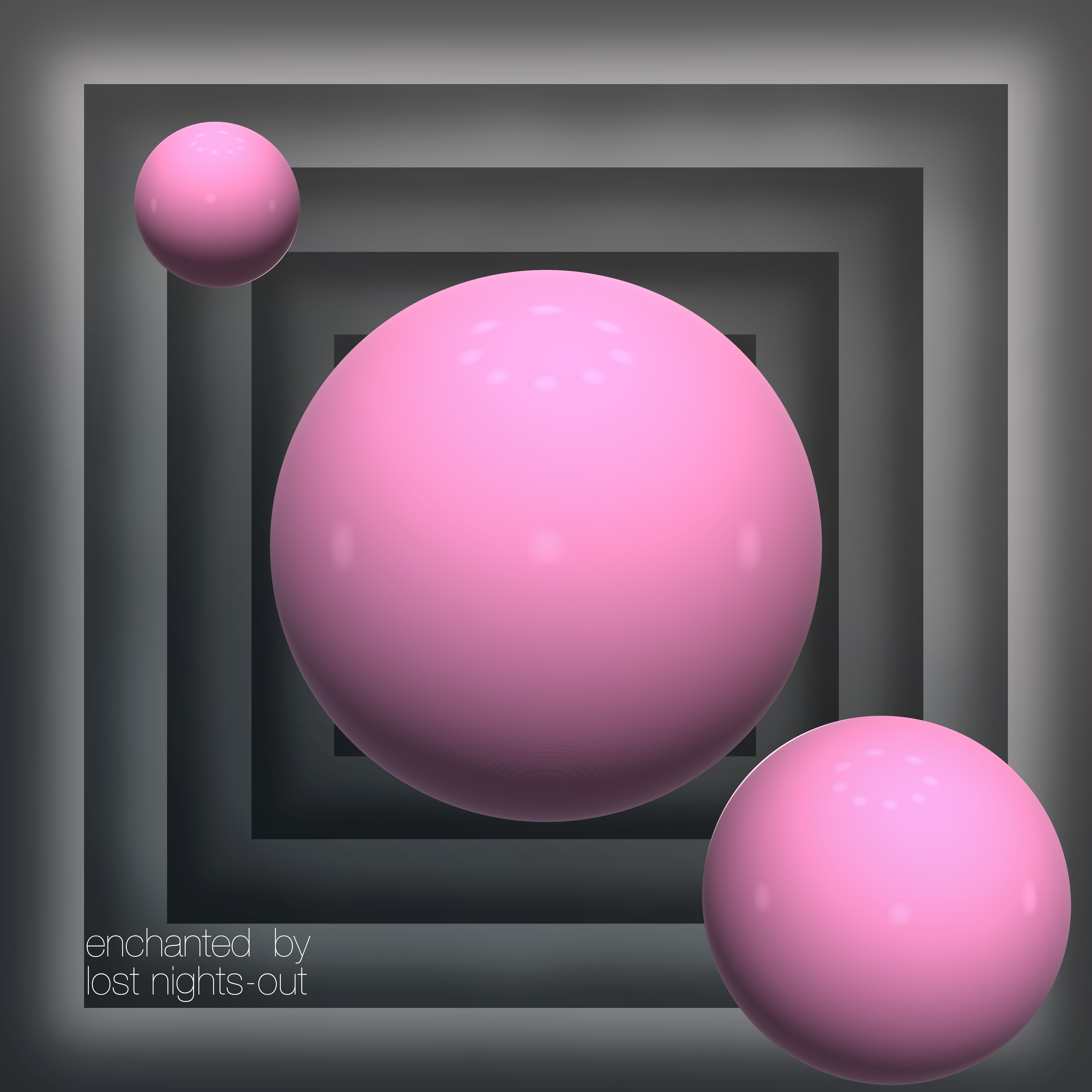
Post-Euphoria – A Practice-Based Music Research: Part 1
In a four-part series, Guy Baron reflects upon the making of his album Post-Euphoria. Utilizing practice-based research, he examines notions of nostalgia in relation to lost experiences and club music.
DAW-based strategies of electronic music production used to connote aspects of recollection and missing are at the heart of my practice-based research. Engaging in a range of electronic music-making practices, my research creatively responds to the concept of «post-euphoria» – conceived here to describe a subjectivity with which lost, yearned-for experiences relating to electronic dance music are recollected and reimagined. It presents an original body of musical work that expressively interprets post-euphoria as a musical aesthetic, using Ableton Live and incorporating electronic dance music-inspired motifs alongside elements of songwriting. The study thus explores ways in which nuanced and complex meanings relating to retrospection and reminiscing can be articulated musically, establishing a musical vocabulary that is concerned with the residual and the faded and with what remains once perceived blissful experiences subside.
Conducting the creative work, I developed music production strategies informed by discussions of production mediations (Brøvig-Hanssen and Danielsen 2016) and sonic metaphors (Demers 2010), whilst symbolically foregrounding DAW-induced production traits. This includes creating what I define as «production embodiments» to figuratively suggest aspects of recollection and transformation: from slowing-down and time-warping electronic dance music samples («22–122») and utilizing a sustained freeze-mode reverb («Epilogue») to connote an attempted prolonging of fleeting euphoric moments, to incorporating fragmented quoted vocals («Forget U»), grain delay («Reprise») and audio-to-MIDI conversions («Too Late», «Residue») to metaphorically suggest a fragmented and transformed memory of perceived euphoric experiences. Musical repetition, shortened compositional structures, elaborated outro sections, and volume fade-outs are further utilized to figuratively embody haunting and decaying euphoric experiences, in such a way that sheds light on the relationship between musical form and meaning.
Unfulfilled Euphoria
In addition to using such production embodiments, I further employ characteristic elements of electronic dance music to examine how euphoric feelings associated with this type of music can be presented as mutated and missing. These elements, to which I refer as electronic dance music tropes, include intensifying build-up sections (Solberg 2014), which are presented throughout the body of work as stripped down and never-resolving – establishing a sense of unfulfilled euphoria by foregrounding the absence of key electronic dance music elements, such as a kick drum. In addition, I create reworks of my own musical recordings as an act of «self-remixing», reflecting intertextuality between different recordings and a revisiting of my own productions to musically portray the idea of transformed recollections.
Undertaking this research and developing the recorded body of work enabled me to examine how retrospective subjectivities relating to electronic dance music can be articulated through employing music production technology, to further the relatively sparse practice-based research in this field. In addition, and as a global pandemic made dancefloor euphoria seem like a distant memory, my concept of post-euphoria received a whole new layer of meaning to include reminiscing to a time and place in one’s life – and in our collective memory – that may never quite be what it once was. Enchanted by lost nights out and lingering on remnants of a faded euphoria, this is where my musical journey into the realm of post-euphoria begins.
List of References
This article is the first of a four-part series on the practice-based music research project «Post-Euphoria» by Guy Baron aka Semi Precious.
Biography
Published on October 14, 2021
Last updated on April 11, 2024
Topics
From machine-assisted musicking to the struggle of creating under precarious circumstances and in a world in which work rules everything.
Why does a Kenyan producer of the instrumental style EDM add vocals to his tracks? This topic is about HOW things are done, not WHAT.
Snap



